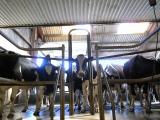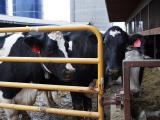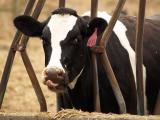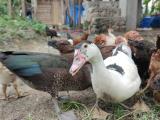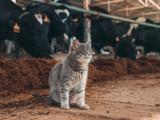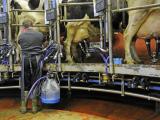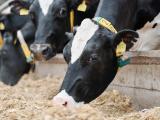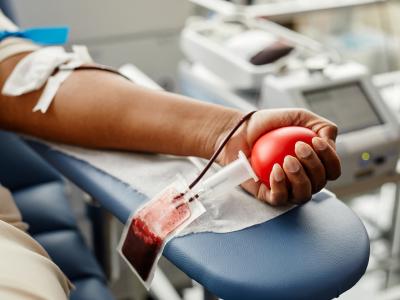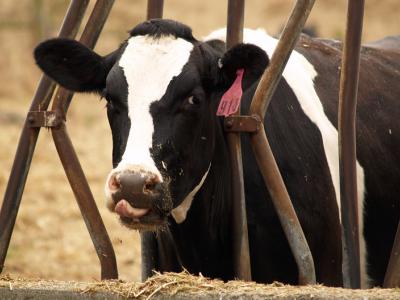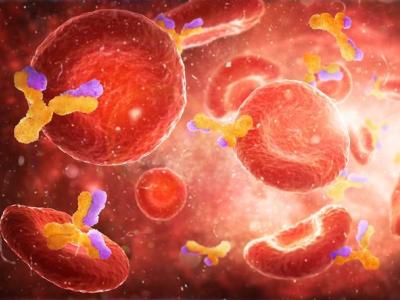Jul 20, 2005 (CIDRAP News) – The World Health Organization (WHO) has decided to stick with the strains of H5N1 avian influenza it chose in April 2004 for use in developing human vaccines against the virus, which many fear will trigger a flu pandemic.
The WHO said today that analyses of 2004 and 2005 human and animal strains of H5N1 viruses from affected countries "did not provide any convincing evidence to change" the strains previously recommended for vaccine prototypes.
The announcement comes three weeks after an international team of experts who studied the virus in Vietnam reported that it had not recently improved its ability to spread from birds to humans or from humans to humans. Their studies, in turn, were prompted by a report in May that changing patterns of human cases in northern Vietnam, including an increase in case clusters, suggested that the virus might be becoming more infectious.
The WHO said today it would "continue to monitor the antigenic and genetic changes in circulating A/H5N1 viruses, especially in humans." It went on to say, "For research purposes, WHO Collaborating Centres will develop experimental prototype vaccine strains from recent human influenza A/H5N1 viruses."
The US government has contracted with two companies, Sanofi Pasteur and Chiron, to make prototype H5N1 vaccines. A government-sponsored clinical trial of the Sanofi vaccine was launched at three universities in March. Sanofi is under contract to make 2 million doses of vaccine as part of preparations for a possible pandemic.
In other news, the Vietnam News Service (VNS) said Vietnam will buy 415 million doses of avian flu vaccine from China and the Netherlands for use in poultry. The Chinese vaccine is for the H5N1 virus, while the Dutch vaccine is for H5N2, a less virulent strain, the report said.
Vietnam previously announced plans to start vaccinating poultry in two provinces in August and expand the effort to the rest of the country later.
Chickens, ducks, and fighting cocks will be vaccinated, VNS reported. Chickens and ducks are to receive three doses over a period of several months. Poultry within 3 kilometers of flu outbreaks will receive emergency inoculations.
See also:
Jun 29, 2005, CIDRAP News story "H5N1 virus has not grown more dangerous, experts say"
